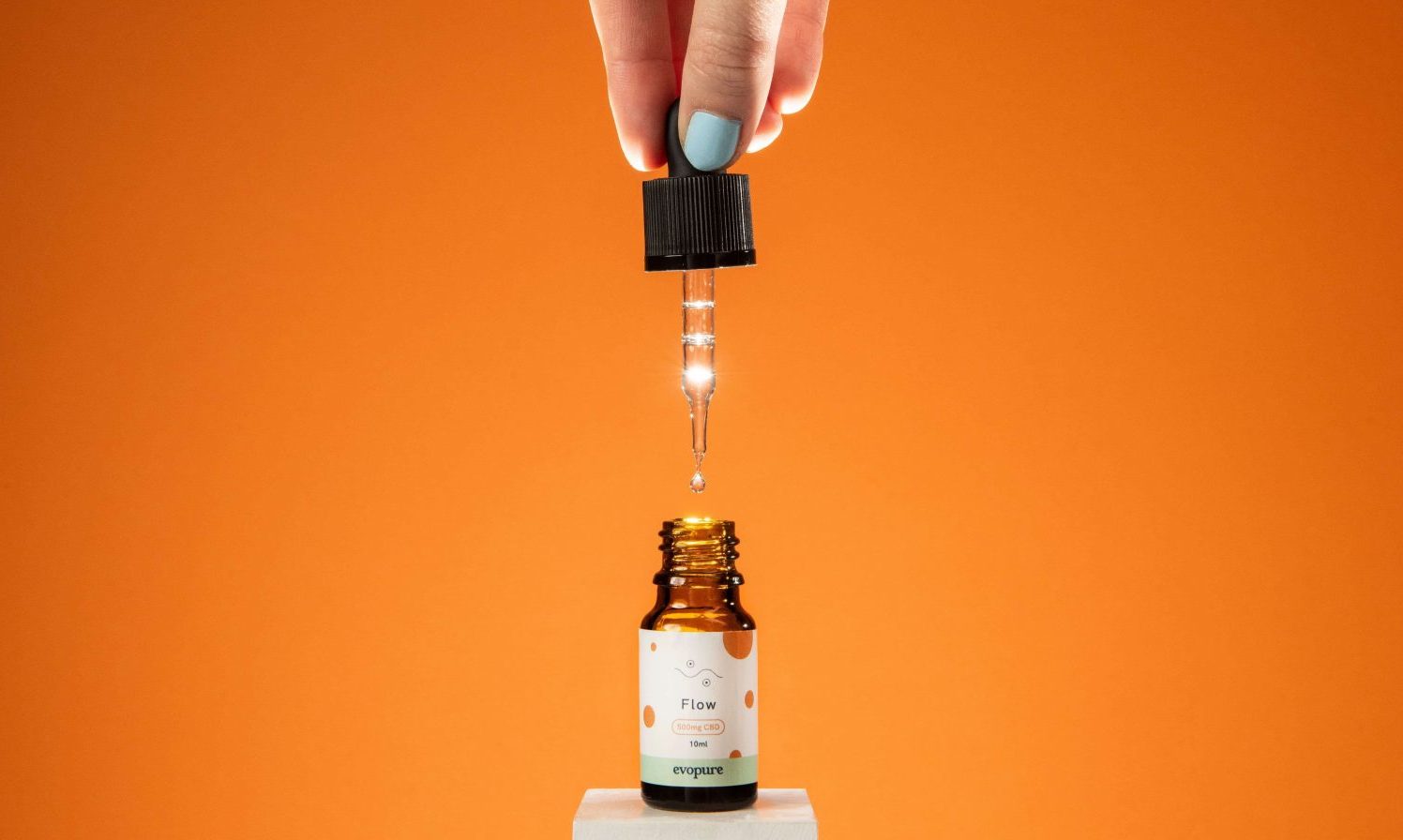CBD is an active ingredient derived from the cannabis plant that’s said to have medicinal effects, including the ability to reduce inflammation. Here are some of its other often-cited benefits.
Cannabidiol, commonly known as CBD, is gaining popularity as a result of its wide variety of possible holistic applications. It seems to have become a promising alternative treatment throughout the conventional field of fitness and health.
Over the recent years, CBD products have become increasingly accepted by consumers. It has been marketed as a legal and better substitute to marijuana, as well as a source of several potential beneficial effects.
What is CBD?
CBD is a form of cannabinoid derived from the cannabis plant. It’s said to be a non-psychoactive substance, which means that it won’t get you high or change the way your brain functions. On the other hand, THC (Tetrahydrocannabinol), which is also present in the leaves of the cannabis plant, is the cannabinoid that may have a psychoactive effect on the brain.
RELATED: What Are The Benefits Of Full-Spectrum Cannabis Extracts?
While both come from the cannabis plant, CBD differs from medical marijuana. You could learn more about the differences on sites such as SanctuaryWellnessInstitute.com. Though they both claim to have similar benefits, CBD is legal in more states and countries than medical marijuana.
Benefits of CBD
Due to the recreational use of marijuana, there has been some controversy around cannabis-derived products, like CBD. However, people are becoming more aware of its potential health and holistic benefits.
Here are some of CBD’s most frequently cited benefits:
Could Help Mitigate Anxiety and Depression
Mental health issues are now on the rise, and they could have devastating consequences for a person’s health and well-being. Despite that, numerous medical studies have discovered that CBD could help people who are suffering from mental health problems, like depression and anxiety.
RELATED: CBD Oil For Anxiety & Depression: Pros & Cons
CBD is thought to have the capability of interacting with both CB1 and CB2 receptors in the endocannabinoid system (ECS) of the human body. The ECS functions to maintain the body’s homeostasis. Because of this capability, CBD may have the potential to control serotonin levels in the body.

Serotonin is a hormone that regulates emotions, affects the feelings of pleasure, and influences the metabolism and sleep patterns. CBD exhibits great potential in enhancing a person’s psychological well-being and mental state through its ability to modulate this hormone in the body.
May Help Relieve Pain
CBD is also getting more popular with people who are afflicted with pain and inflammation as a result of health conditions. Because of its potential anti-inflammatory effects, CBD may help with pain relief by inhibiting neuropathic pain caused by conditions, like arthritis and multiple sclerosis.
RELATED: What’s Next For Rheumatoid Arthritis And Cannabis?
Physiological discomfort, like migraines, has also been attributed to CBD. Migraine is a common condition that could cause headaches, ranging from mild to extreme. Although over-the-counter pharmaceuticals have long been used to treat migraines, a growing number of studies suggest that CBD could be helpful as well.

Moreover, some shreds of evidence show that CBD’s anti-inflammatory properties could be beneficial in providing pain relief in general. While research into the efficacy of CBD is still ongoing, there’s enough evidence, both anecdotal and medical, to recommend its use to help relieve pain and its discomfort.
Could Help Reduce Acne
Another probable benefit of CBD is related to the skin. Acne is one of the most common skincare problems for which people pursue remedies. It’s a serious skin condition caused by a number of factors, such as excess sebum, bacteria, and genetics.
Sebum is an oil excreted by the skin. Excessive production of sebum could trigger clogged pores, which may result in acne. CBD is thought to help regulate sebum production. This may be beneficial in reducing breakouts, preventing acne, and treating inflammation in the skin.
RELATED: Can Marijuana Or CBD Help Acne?
Apart from reducing sebum production, research also shows that CBD may have the potential to help with other skin problems. Since it’s thought to have anti-inflammatory effects, it may also have soothing properties that could help alleviate the signs of skin rashes, eczema, and psoriasis.
May Reduce Epileptic Seizures
CBD has also been previously listed as a potential treatment for epilepsy. According to reports, CBD has shown improvement in people with epilepsy who don’t react to drugs for minimizing seizures.
Researchers are still investigating how much CBD could help people with epilepsy in minimizing the number of seizures they experience, as well as how effective it is. While the research is in its preliminary stage, it has shown promising progress.

Though CBD’s effect on epilepsy is still being studied, many countries have now accepted medicinal cannabis for use as a remedy to epilepsy syndromes on the basis of a doctor’s prescription.
May Reduce Heart Diseases
Heart diseases are the most common cause of death around the world. However, initial studies have suggested the connection between CBD and heart health. Combined with a balanced diet and daily exercise, CBD is said to help reduce the risk of cardiovascular disease by lowering the levels of stress and blood pressure.
RELATED: Demystifying Marijuana And Heart Health
Based on several studies, CBD may aid in the following:
- Minimize the risk of clogged arteries
- Maintain good blood pressure
- Moderate cholesterol levels in the blood
- Mitigate the causes of heart attacks
Additional studies into the efficacy of CBD in heart health are needed to support irrefutable proof of its usage.
May Help Fight Cancer
Other than heart diseases, research has shown that CBD may be able to help cope with cancer complications and the side effects of cancer therapy. In a study, cancer patients who are receiving chemotherapy used CBD and found that it helped minimize the side effects of the treatment.
CBD may also have the potential to reduce inflammation and alter how cells replicate. It may also have the effect of lowering the capacity of certain tumor cells to proliferate. This could make the substance a probable therapy for cancer.

Few studies have looked into the function of CBD in suppressing cancer cell development, but further research is needed.
Bottom Line
CBD is an active ingredient derived from the cannabis plant that’s said to have medicinal effects, including the ability to reduce inflammation. It’s also said to have anti-anxiety, anti-pain, anti-acne, and anti-inflammatory properties, as well as promote good heart health.
It’s better to remain cautious when using CBD before further testing is done and treatment guidelines are developed. Don’t use CBD as a substitute for medical advice and treatment given by health professionals; before incorporating CBD into your wellness care or recovery plan, consult your doctor.


